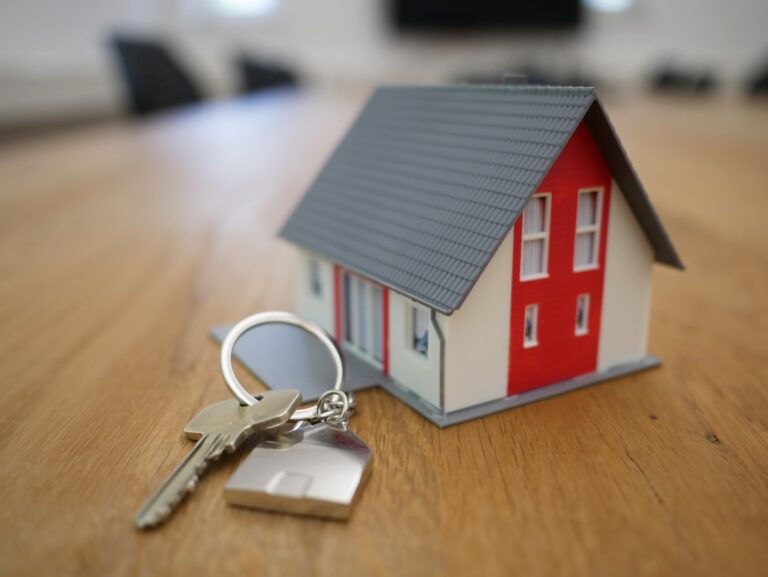Bad credit debt consolidation loans merge multiple high-interest debts into one manageable mortgage for homeowners, simplifying repayment and potentially lowering interest costs, which frees up cash flow for home improvements. These loans have higher interest rates and shorter terms, so borrowers must carefully review terms to ensure suitability. Lenders consider income stability, reasonable credit history, property value, and require a percentage of home equity. Repayment options range from 5 to 30 years, and responsible borrowing can improve credit scores over time. Strategically prioritize home renovation projects for maximum return on investment.
“Consider a debt consolidation mortgage for your next home improvement project. This financial strategy offers a unique path to fund renovations, especially for those with less-than-perfect credit.
‘Bad Credit Debt Consolidation Loans’ provide an opportunity to combine multiple debts into a single, manageable loan, freeing up funds for much-needed upgrades. Our article guides you through the process, from understanding your credit situation to maximizing your renovation budget. We’ll explore the benefits, eligibility criteria, repayment options, and interest rates, ensuring you’re equipped with knowledge for informed decision-making.”
- Understanding Bad Credit Debt Consolidation Loans
- Benefits of Using Debt Consolidation for Renovations
- Eligibility Criteria for Home Improvement Loans
- Repayment Options and Interest Rates Explained
- Strategies to Maximize Your Home Renovation Budget
Understanding Bad Credit Debt Consolidation Loans

Bad credit debt consolidation loans are designed for individuals with a low credit score or a history of financial challenges. These loans work by combining multiple debts into one single loan, simplifying repayment and potentially lowering interest rates. This approach can be particularly beneficial for homeowners looking to fund home improvements or renovations, as it allows them to consolidate not only their existing mortgage but also other debts like credit cards or personal loans.
By doing so, homeowners can free up cash flow, making it easier to afford home renovation projects. However, it’s crucial to approach bad credit debt consolidation loans with caution. Lenders typically charge higher interest rates to compensate for the increased risk associated with borrowers having poor credit. Additionally, loan terms might be shorter, requiring more frequent payments. Thoroughly understanding the terms and conditions is essential before taking out such a loan to ensure it aligns with your financial goals and capabilities.
Benefits of Using Debt Consolidation for Renovations

Debt consolidation mortgages can be a powerful tool for homeowners looking to fund renovations, even with bad credit. One of the key benefits is the ability to combine multiple high-interest debts into a single, more manageable loan. This simplifies repayment by reducing the number of payments you need to make each month, saving you time and potentially lowering your overall interest costs.
Additionally, bad credit debt consolidation loans allow you to free up cash flow that would otherwise be tied up in existing debts. With a consolidated mortgage, you can redirect those funds towards home improvements, enabling you to transform your living space without the added stress of multiple financial obligations. This strategic approach not only enhances your home’s value but also provides a better return on investment compared to leaving renovation projects unfinished due to financial constraints.
Eligibility Criteria for Home Improvement Loans

While many financial options for home improvements exist, individuals with bad credit might face challenges in securing traditional loans. However, debt consolidation mortgages offer a viable alternative. These loans are designed to combine multiple debts into a single, manageable repayment, improving cash flow. This can free up funds for essential home renovations.
Eligibility criteria vary among lenders but generally include factors like income stability, a reasonable credit history (despite bad credit marks), and the value of the property. Home improvement loans often require a specific percentage of equity in the home to secure the mortgage. Therefore, borrowers should ensure they meet these basic requirements before applying for a debt consolidation mortgage to fund their renovation projects.
Repayment Options and Interest Rates Explained

When considering a debt consolidation mortgage for home improvements, understanding your repayment options and interest rates is crucial. These loans are designed to combine multiple debts into one manageable payment, often with a lower interest rate than each individual debt. Repayment terms typically range from 5 to 30 years, offering flexibility based on your financial situation.
Bad credit debt consolidation loans can still be an option, even if your credit score is less than perfect. Lenders assess each application individually, considering various factors beyond just credit history. Interest rates for these mortgages may be higher due to the added risk, but responsible borrowing and timely repayments can help improve your credit score over time.
Strategies to Maximize Your Home Renovation Budget

Maximizing your home renovation budget starts with strategic financial planning. One effective approach is to leverage bad credit debt consolidation loans as a funding source. By consolidating high-interest debts, you free up disposable income that can be allocated to renovations. This strategy not only improves cash flow but also simplifies repayment by combining multiple debts into one manageable loan.
Additionally, consider the long-term value of your home improvements. Focus on projects that enhance curb appeal, increase square footage, or add energy efficiency – these upgrades often yield the highest return on investment. Prioritize according to your needs and wants, keeping an eye on market trends and local real estate values to ensure your renovation budget is both strategic and effective.
Bad Credit Debt Consolidation Loans can be a powerful tool to fund home improvements, offering several benefits like streamlined repayment and potentially lower interest rates. By consolidating debt, homeowners with less-than-perfect credit can free up funds for renovations, making their homes more comfortable and valuable. However, it’s crucial to understand the eligibility criteria and repayment options before diving in. With careful planning and strategic budgeting, these loans can enable significant home transformations while managing debt effectively.
